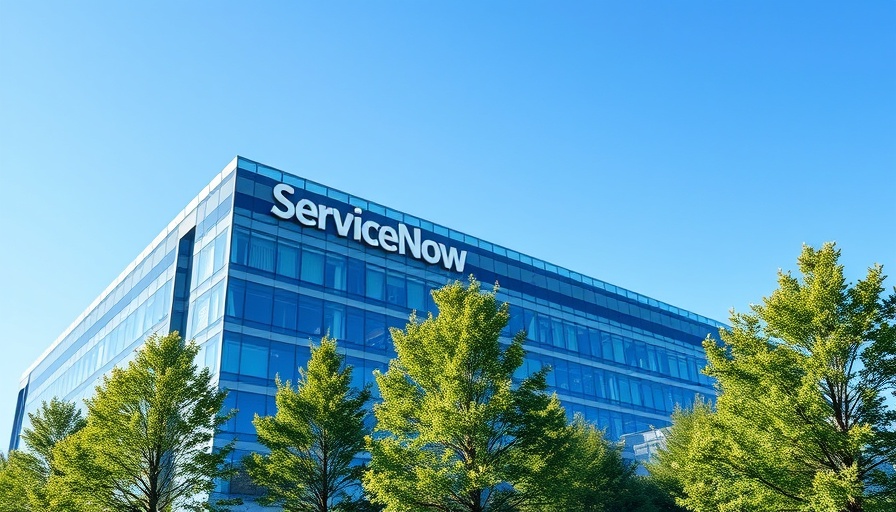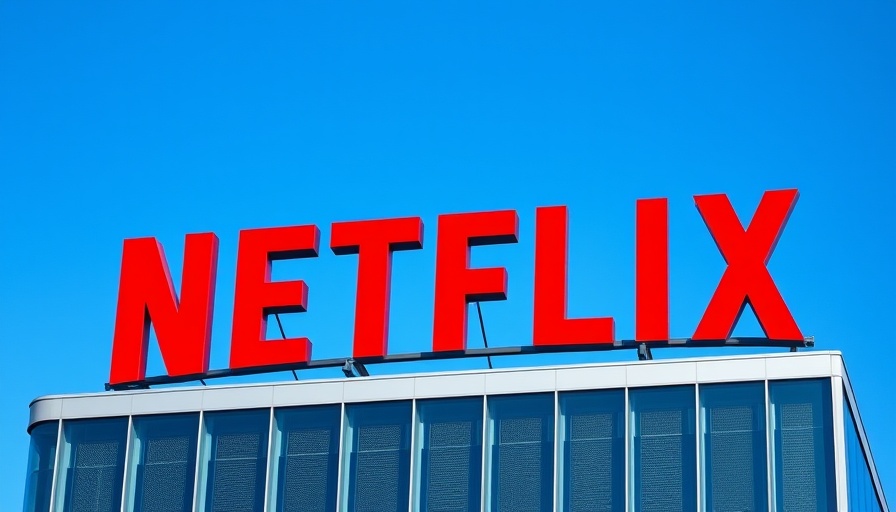
Introduction: The Regulatory Landscape Becomes More Complex
The technology landscape is witnessing monumental shifts, primarily driven by acquisitions that promise innovation but often raise concerns over market fairness. The recent acquisition attempt of Moveworks by ServiceNow for a staggering $2.85 billion is currently facing scrutiny from the U.S. Justice Department due to antitrust concerns. This revelation not only captures the attention of industry insiders but could also have repercussions for future tech mergers.
Understanding Antitrust Investigations
Antitrust investigations are essential to maintaining healthy market competition. In the case of ServiceNow, which had high hopes of closing the deal in the latter half of 2025, the scrutiny initiated in June demonstrates the U.S. government's intent to ensure no single company can monopolize emerging technologies in the AI sector. Antitrust laws exist to prevent any unfair advantage, allowing both established players and startups equal opportunity to thrive.
The Implications for ServiceNow and Moveworks
ServiceNow's aspiration to enhance its capabilities with Moveworks, an AI startup specializing in automating IT service management, could transform how enterprises handle customer interactions. However, this move must be aligned with regulatory frameworks to prevent market dominance. The tipping point for ServiceNow now rests on complying with a “second request” for information from the regulators, which may delay the anticipated development and integration of Moveworks’ technology.
Historical Context of Antitrust Scrutiny in Tech
This isn’t the first time a major acquisition in the tech industry has raised red flags. Historical instances—like Facebook’s acquisition of WhatsApp or Google’s merger with DoubleClick—demonstrate the fine line companies must tread between innovation and potential monopolistic behavior. Each case amplifies discussions surrounding the balance of competition and startup viability in high-stakes technology markets.
The Future of ServiceNow and Its Business Model
If the Justice Department ultimately determines that the acquisition is detrimental to competition, ServiceNow may need to reassess its growth strategy. This might lead to a shift in how it seeks partnerships and further acquisitions. Fostering innovation while adhering to regulations is crucial for maintaining customer trust and market stability.
Counterarguments: The Case for Mergers in Tech
Supporters of the acquisition argue that technological advancements often come from collaborative efforts among companies. Mergers can lead to enhanced services, improved user experience, and increased efficiency. With the rapid evolution of technology, some experts believe that facilitating such acquisitions can propel the industry forward. The challenge lies in ensuring these mergers don't stifle competition.
The Broader Impact on the Tech Industry
The outcome of this acquisition will likely influence how future transactions in the tech industry are viewed. A precedent might be set, shaping regulatory responses to not only AI startups but across diverse sectors influenced by technological advancements.
Closing Thoughts: Navigating the Tech Ecosystem
The ongoing scrutiny of ServiceNow’s acquisition of Moveworks serves as a potent reminder of the interplay between innovation and regulation in the tech industry. Business leaders must navigate this complex landscape with strategic foresight, balancing potential benefits with ethical responsibilities. As ServiceNow awaits the outcomes of the Justice Department's review, stakeholders will be looking closely, knowing that the future of not just companies but also industry practices may hinge on this decision.
In a rapidly changing global tech environment, staying informed is essential. Be sure to follow the latest tech news to understand how these developments unfold.
 Add Row
Add Row  Add
Add 



Write A Comment